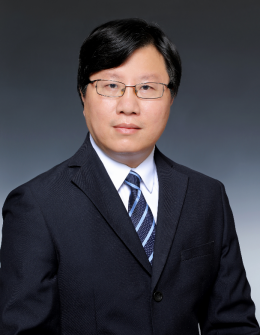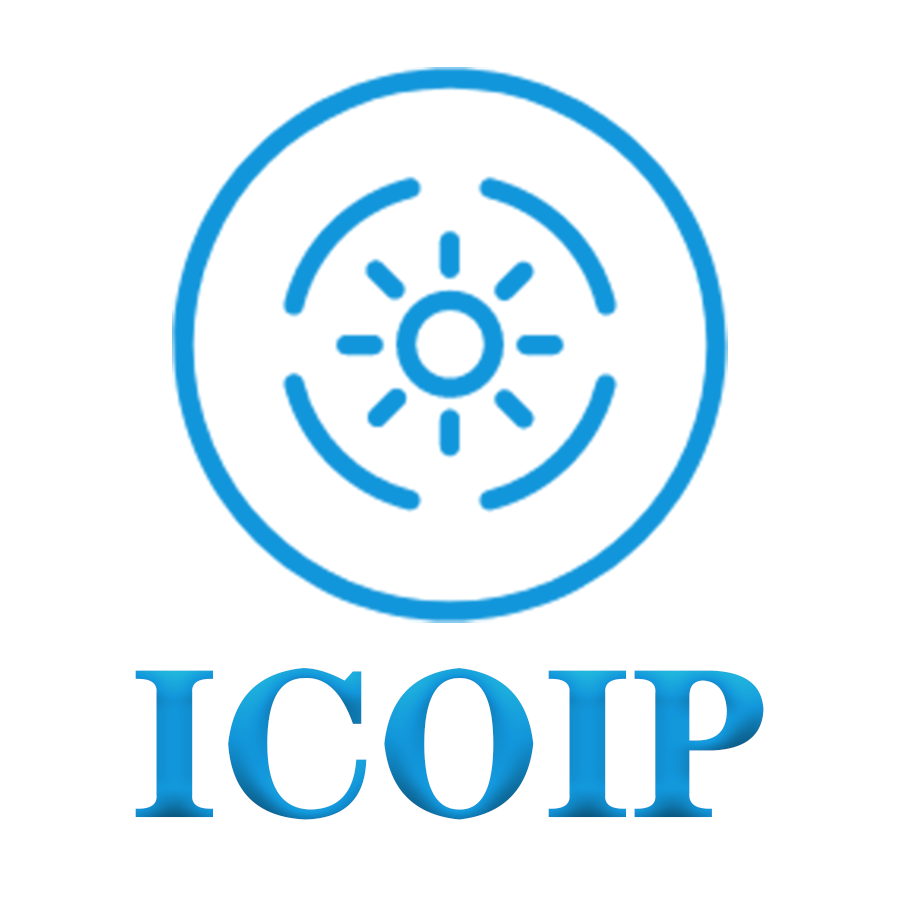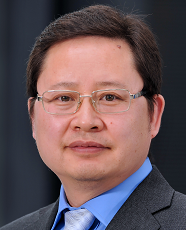 |
Jungong Han, Tsinghua University 韩军功,清华大学 |
Professor Jungong Han is Chair Professor in Computer Vision at the Department of Computer Science, the University of Sheffield, UK. He also holds an Honorary Professorship at the University of Warwick, UK. Previously, he was Chair Professor and Director of Research of the Computer Science department with Aberystwyth University, UK; Data Science Associate Professor with the University of Warwick; and Senior Lecturer in Computer Science with Lancaster University, UK. Prof. Han has authored 2 edited volumes, and over 200 papers, including 90 in prestigious IEEE/ACM Transactions, and 60+ in CORE A* conferences. He has been an Associate Editor-in-Chief of Elsevier Neurocomputing, an Associate Editor of the IEEE Trans. on Image Processing, IEEE Trans. on Neural Networks and Learning Systems, IEEE Trans. on Circuits and Systems for Video Technology, Elsevier Pattern Recognition, and several others. He is a Fellow of IAPR and a Fellow of AAIA. |
 |
| Professor Xiangjian (Sean) He received his PhD in Computer Science from the University of Technology Sydney in 1999. He is currently the Deputy Head of Computer Science School and the Director of Computer Vision and Intelligent Perception Laboratory at the University of Nottingham Ningbo China (UNNC). He is a National Talent, and in list of the 'World Top 2% Scientists' reported by Stanford University in 2022, 2023, etc. He was the Professor of Computer Science and the Leader of Computer Vision and Pattern Recognition Laboratory at the Global Big Data Technologies Centre (GBDTC) at the University of Technology Sydney (UTS) from 2011-2022. He was an IEEE Signal Processing Society Student Committee member. He was involved in a team receiving a UTS Chancellor's Award for Research Excellence through Collaboration in 2018. He has been awarded 'Internationally Registered Technology Specialist' by International Technology Institute (ITI). He led the UTS and Hong Kong Polytechnic University (PolyU) joint research project teams winning the 1st Runner-Up prize for the 2017 VIP Cup, and the champion for the 2019 VIP Cup, awarded by IEEE Signal Processing Society. In 2021, the team, PolyUTS, led by Prof Lam of PolyU and co-led by Prof He of UTS again won the 1st Runner-Up award for the 2021 VIP Cup. |
|
Hongying Meng, Brunel University London IEEE Senior Member,H-index:39 孟鸿鹰,伦敦布鲁内尔大学 |
| Professor Hongying Meng is with Department of Electronic and Electrical Engineering, Brunel University London. Before joining Brunel, he held research positions in several UK universities including University College London (UCL), University of York, University of Southampton, University of Lincoln, and University of Dundee. He received his Ph.D. degree in Communication and Electronic Systems from Xi’an Jiaotong University and was a lecturer in Electronic Engineering Department of Tsinghua University, Beijing in China. His research area includes biomedical engineering, computer vision, affective computing, artificial intelligence, neuromorphic computing and Internet of Things. His research is funded by EPSRC, EU Horizon 2020, Royal Academy of Engineering, Royal Society, etc. He has published more than 200 academic papers with more than 6800 citations (Google Scholar h-index 39). He has developed 2 different emotion recognition systems that won AVEC2011 and AVEC2013 international challenge competitions respectively. He is a Senior Member of IEEE and an associate editor for IEEE Transactions on Circuits and Systems for Video Technology (TCSVT) and IEEE Transactions on Cognitive and Developmental Systems (TCDS). and the associate Editors-in-Chief for Digital Twins and Applications by IET. In 2022, He was recognized as one of the AI 2000 Most Influential Scholars by Aminer. |
|
Zengmao Wang, Wuhan University 王增茂,武汉大学 |
Zengmao Wang is an associate professor at the School of Computer Science, Wuhan University, and a doctoral and master's supervisor. He is also a visiting scholar at the Department of Computer Science, Carleton University, Canada. He has been awarded the National Postdoctoral Innovative Talent Support Program and the Hubei Provincial Youth Talent Program. His research mainly focuses on machine learning and image processing under resource constraints (including computing power, data, and storage), covering areas such as large models, image generation, domain generalization, and knowledge distillation. He has made significant application advances in fields like medical image analysis and geoscience perception. In recent years, he has published over 30 papers in prominent journals and conferences, including TNNLS, TKDE, TIP, TCYB, TGRS, TCSVT, CVPR, ECCV, and IJCAI. He has led one general program and one youth program of the National Natural Science Foundation of China, one key research and development program in Hubei Province, and one general program of the Hubei Provincial Natural Science Foundation. He has also participated in five provincial and above-level projects. He received the Second Prize of Hubei Provincial Natural Science Award (ranking third). He serves as a reviewer for multiple international journals and a program committee member for conferences, including TPAMI, TKDE, TMM, TNNLS, IJCAI, AAAI, ICLR, CVPR, and ICML. |


